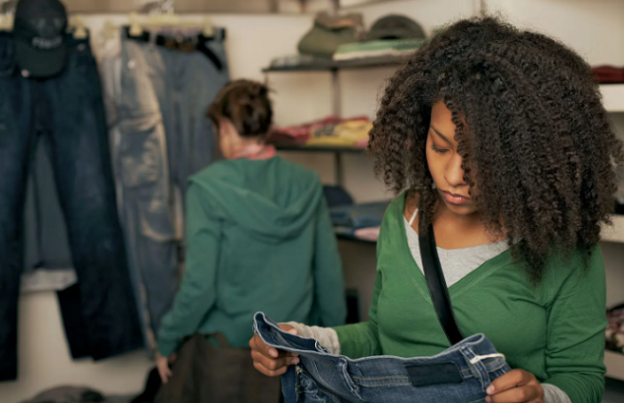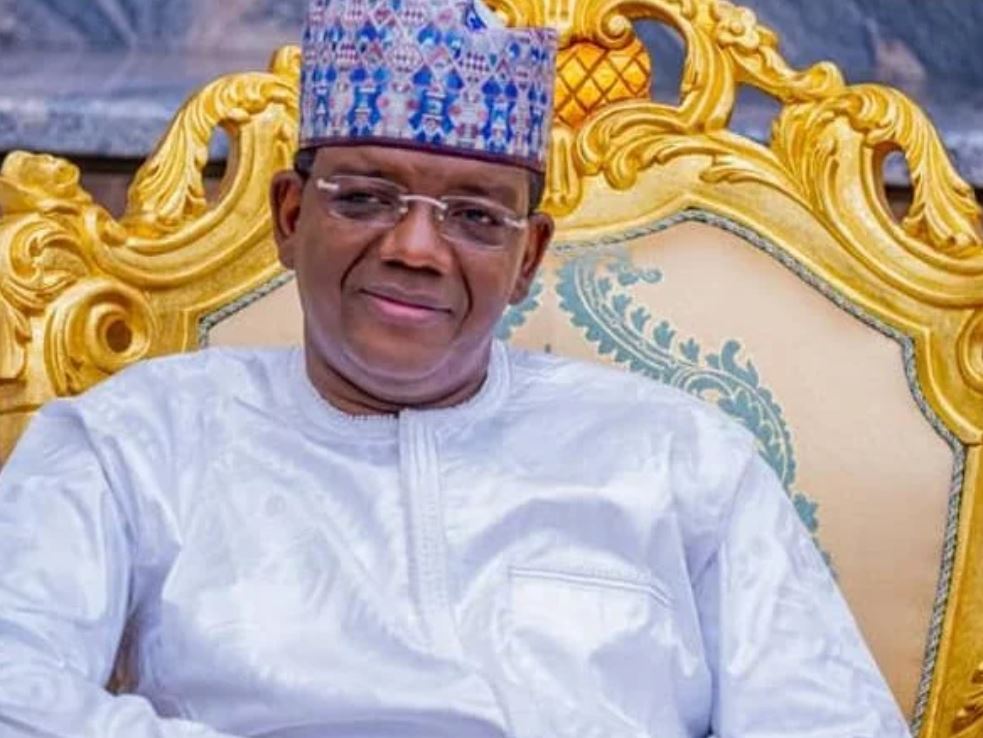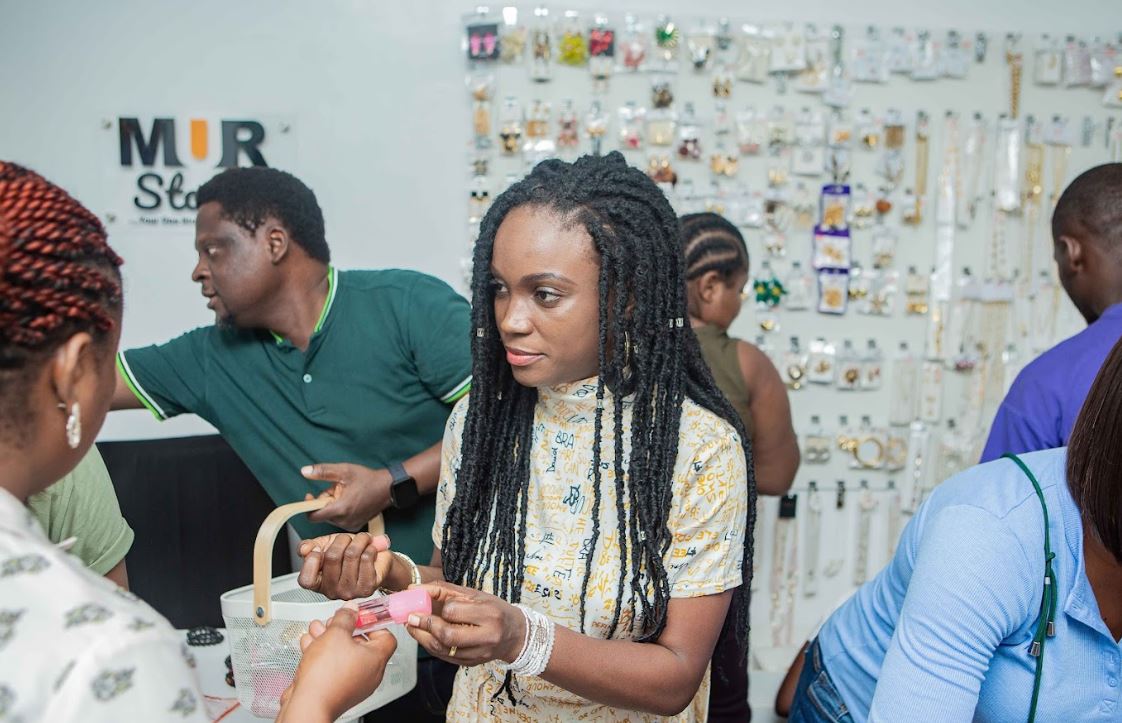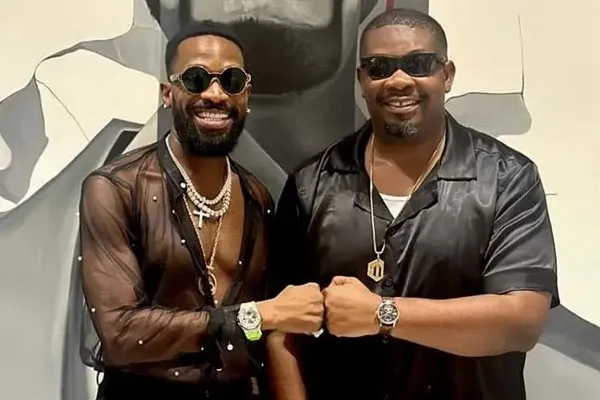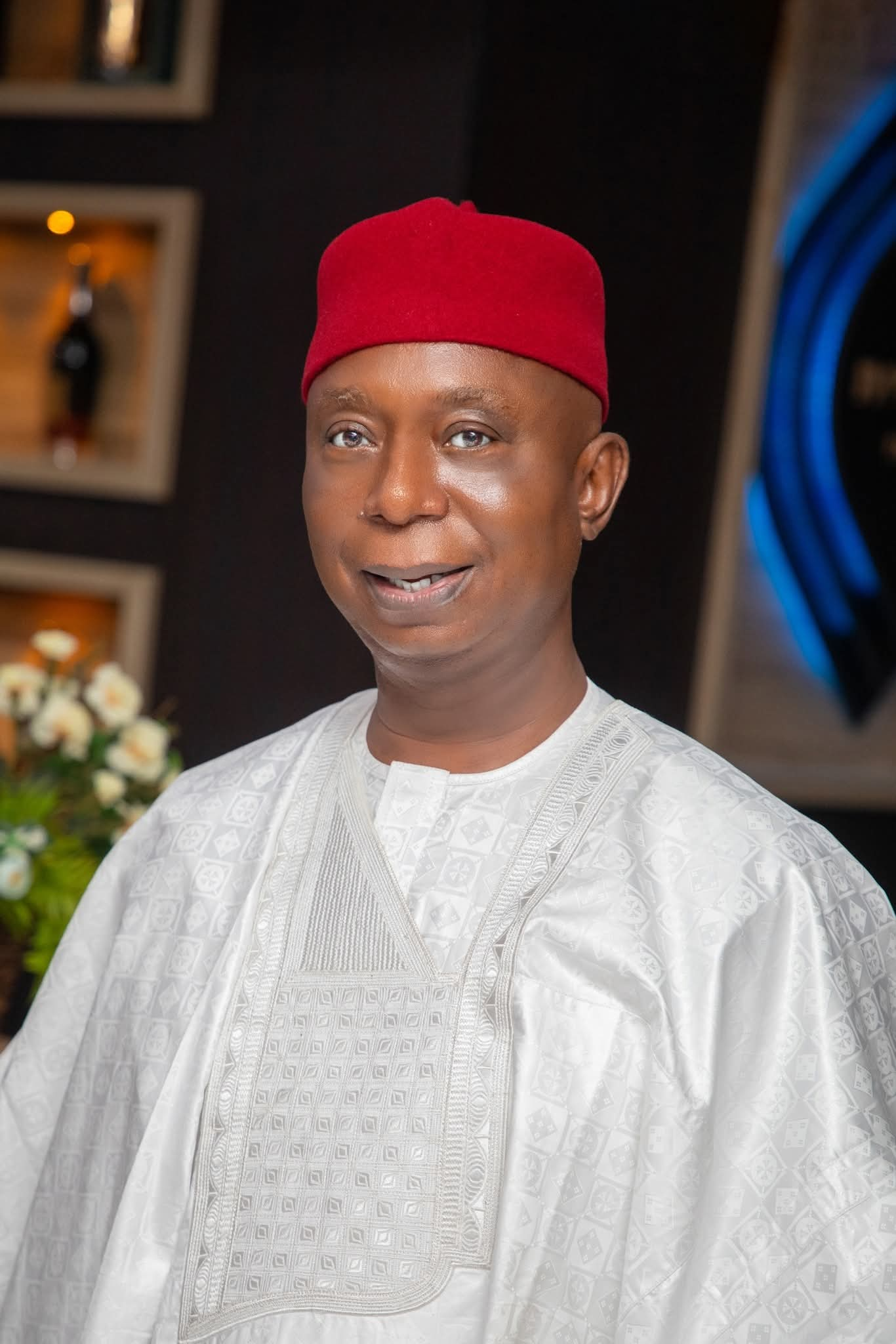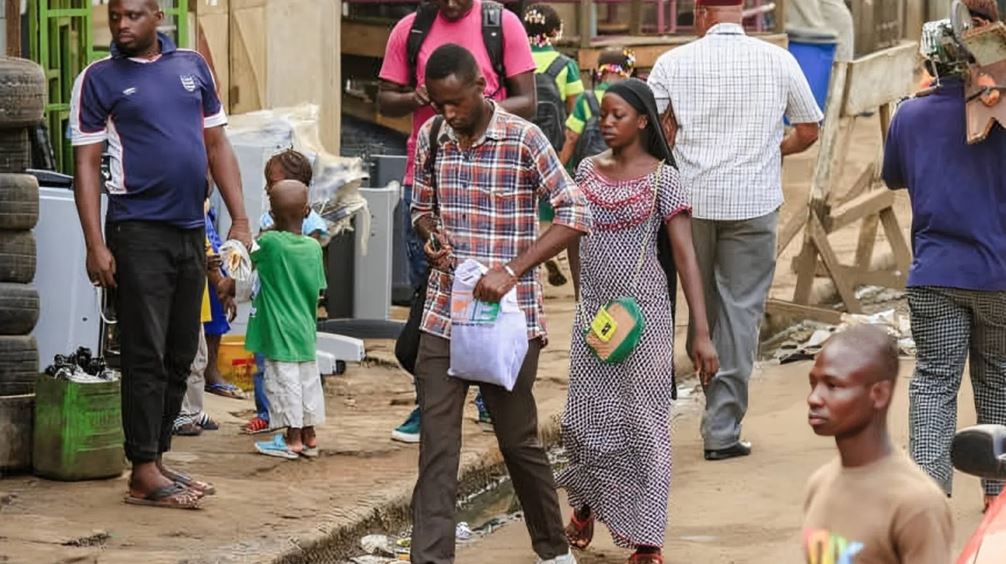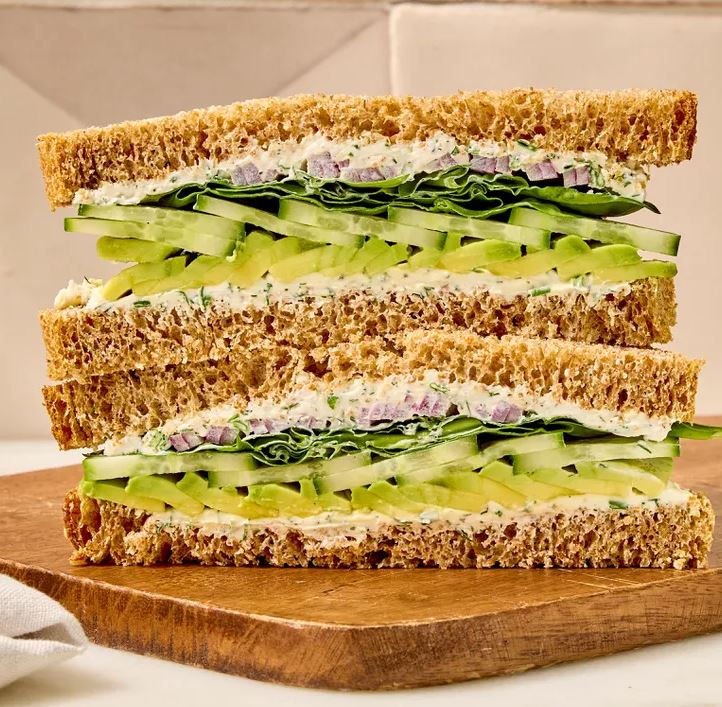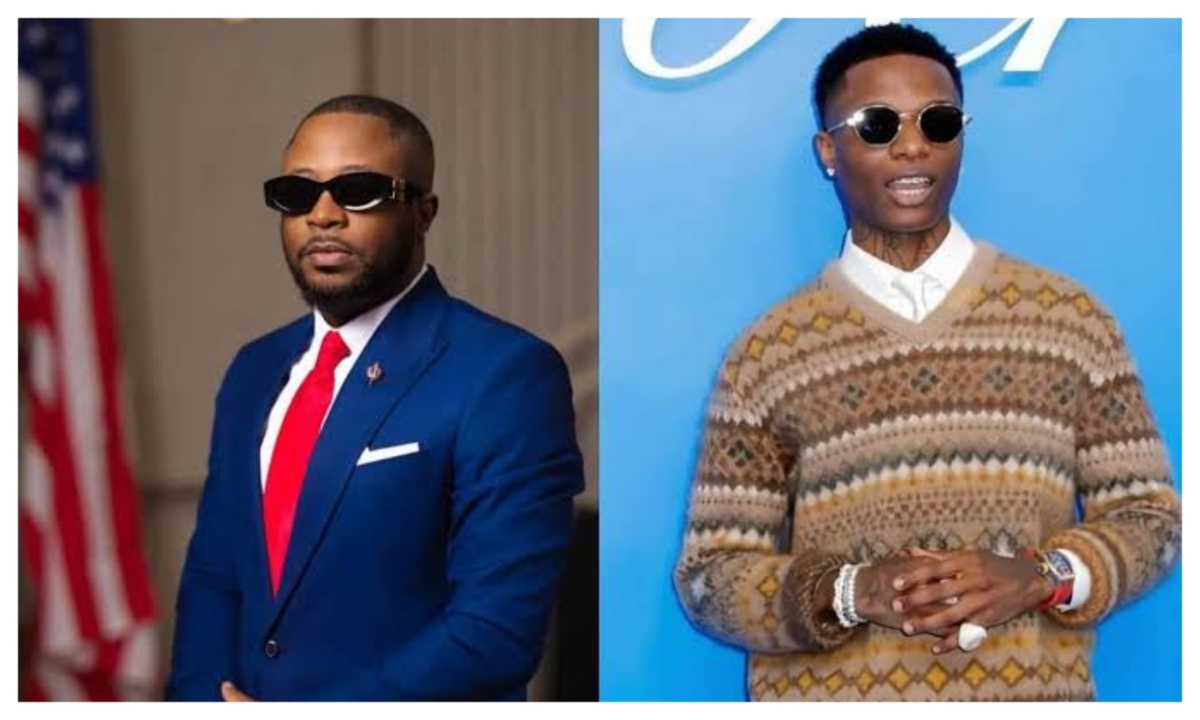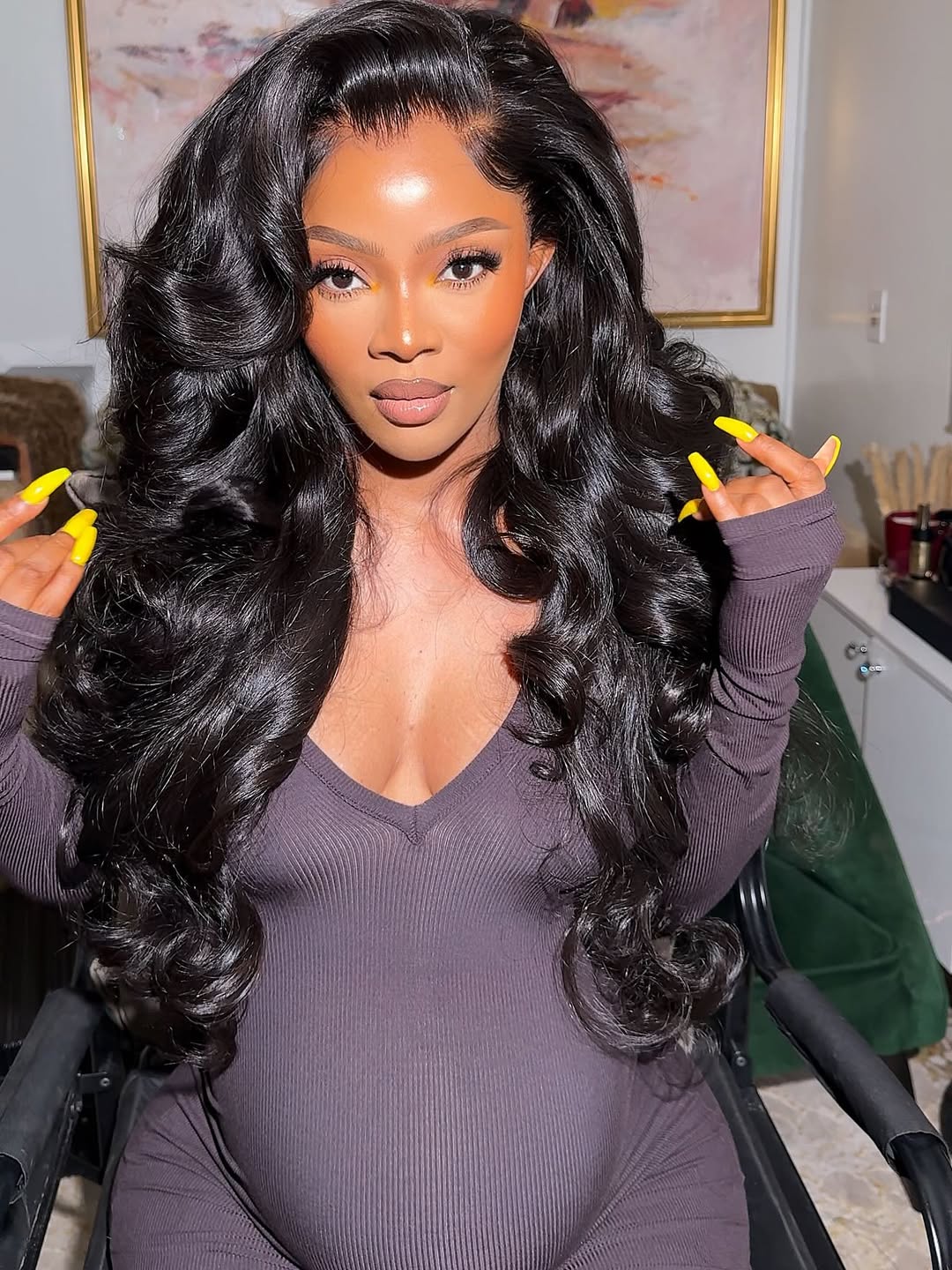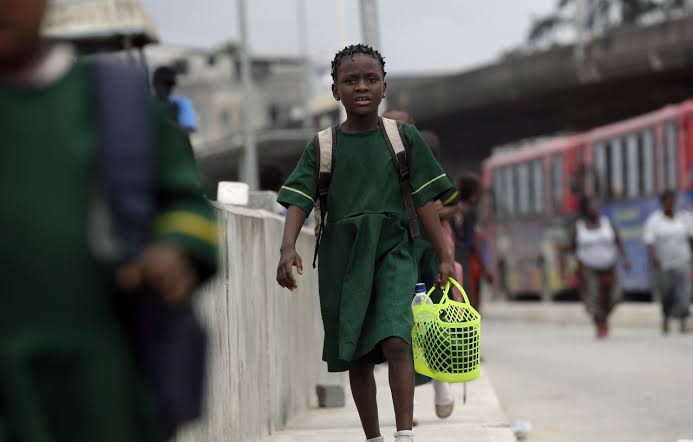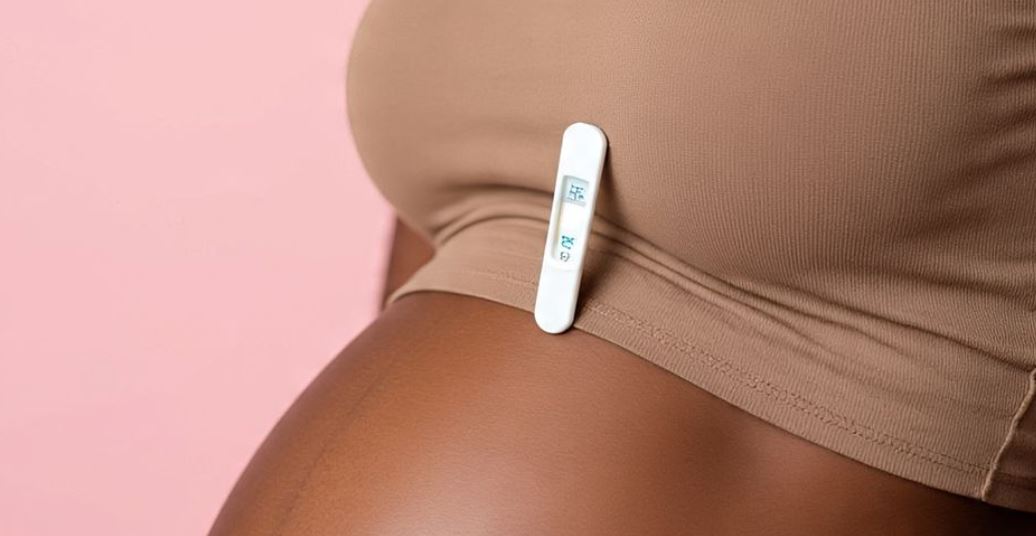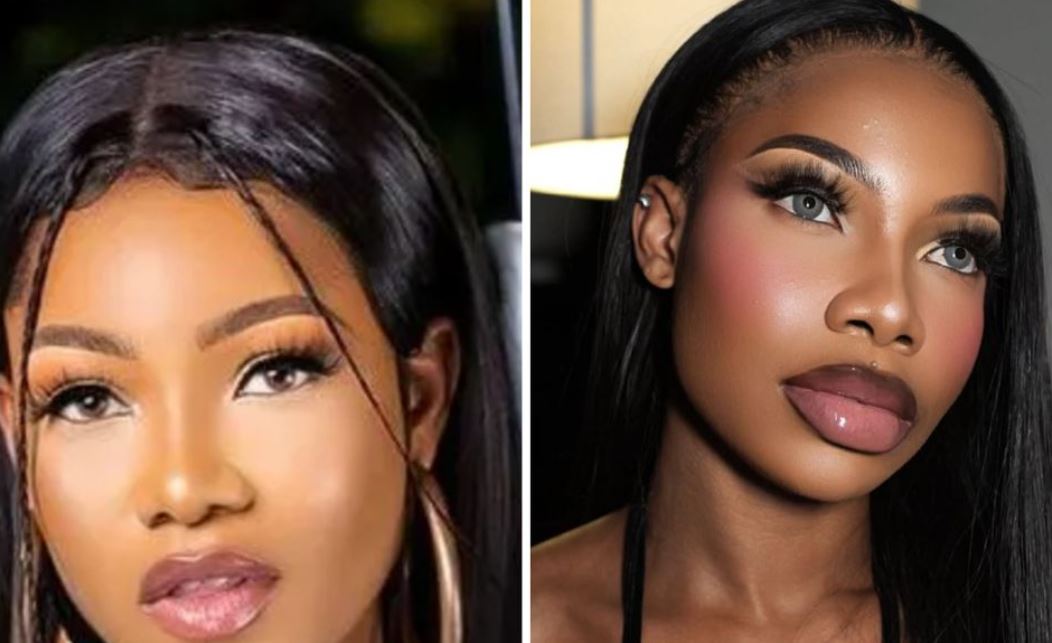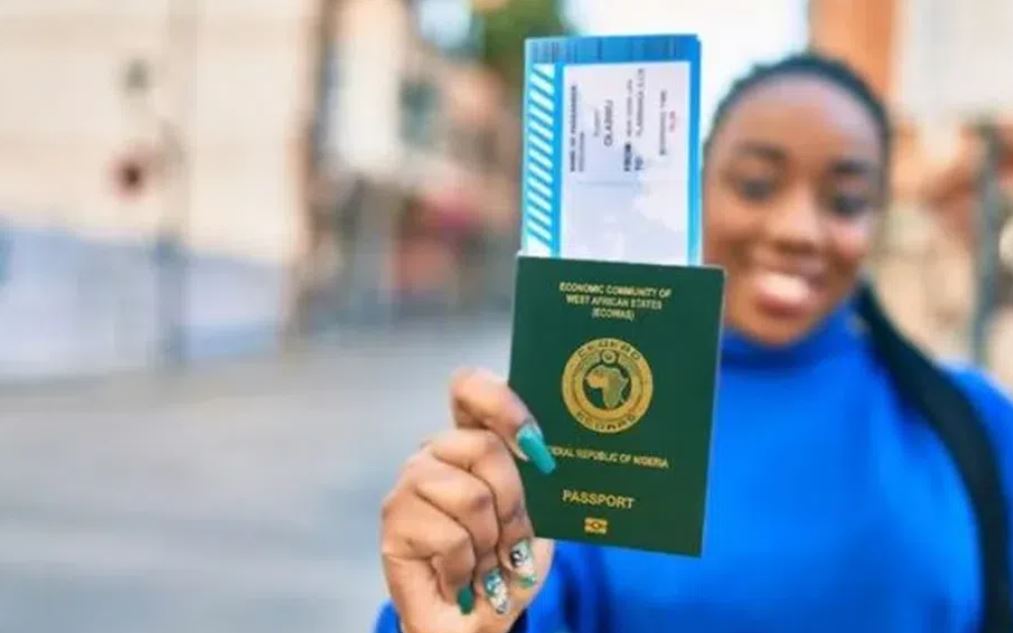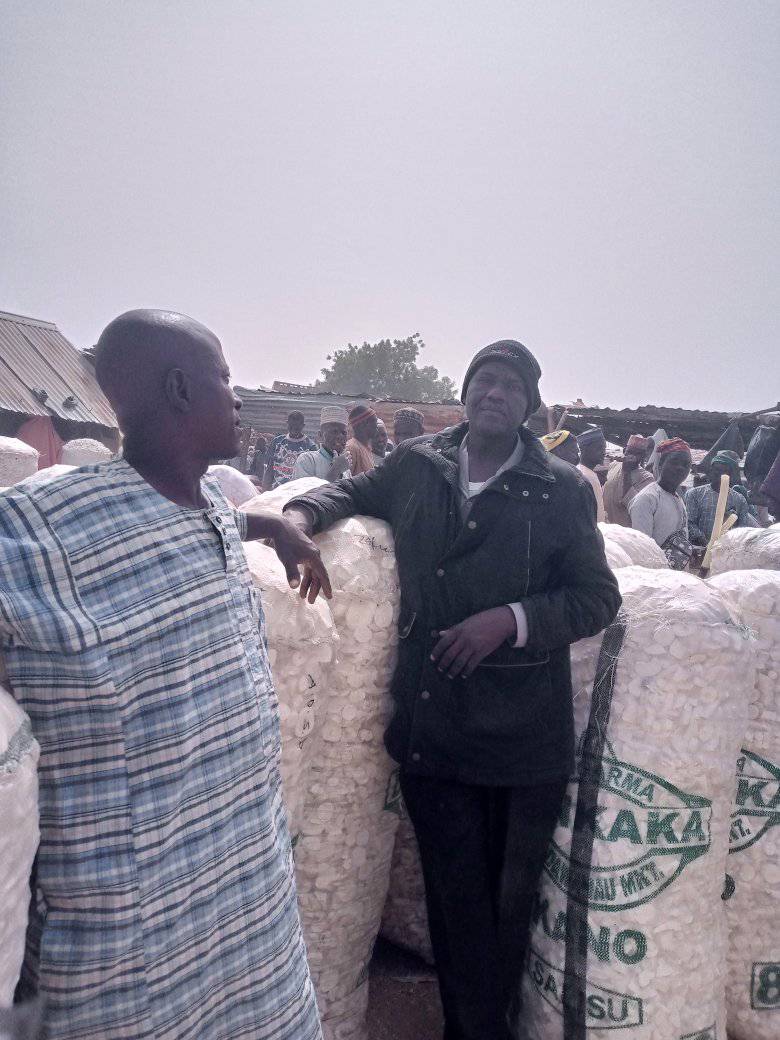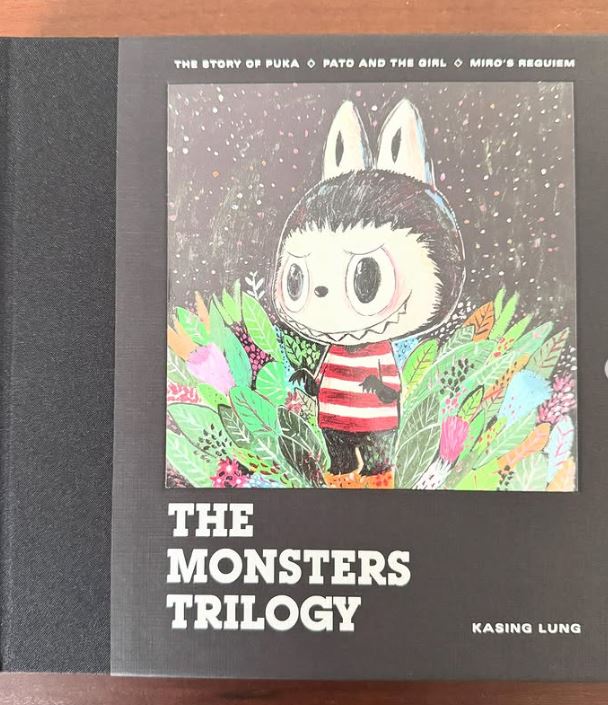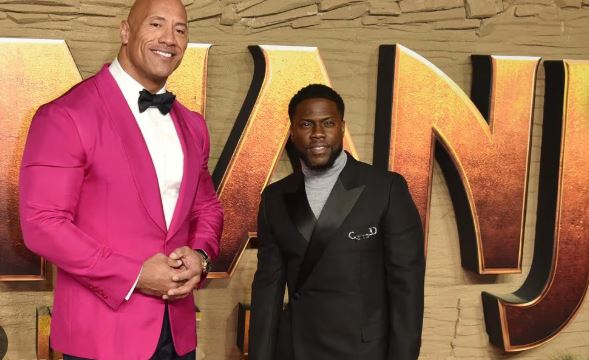Five jobs in Nigeria’s fashion industry that are not design-related
The Nigerian fashion industry is often overlooked and not considered as a viable part of the economy.
Dr. Ezra Yakusak, the Executive Director of the Nigeria Export Promotion Council (NEPC), said the fashion sector alone presently accounts for 37% e-commerce revenues in Nigeria’s economy.
It is also a tool for job creation, either with a brand or as an entrepreneur.
Besides fashion designing, modelling, sewing, and styling, there are other technical jobs that work behind the scenes to make up a functioning industry.
Some people often ignore this industry because they feel every job there requires a form of talent or natural physical attributes but there are many openings for anyone who is willing to work and learn.
Here are five jobs in fashion that are not design-related:
1. Product developer
A product developer supervises the process of developing a product from the design conception to its completion. They also have the task of enhancing existing products in order to meet customer expectations.
Enhancing existing products for a product developer is more about the customer’s experience and less about the garment or product.
Product developers for large-scale companies are the first line of contact with the factory/fabric suppliers and are responsible for liaising with them.
They oversee the entire cost and timeline of production whilst making sure the materials used and the finished product are up to standard.
2. Production manager
Production managers may fall under show production, exhibition, or with a brand. Production managers for a show handles backstage, lights and sounds, modelling management, accessories and garment care and even designer liaison.
While these jobs require some training, they are things anyone with the know-how can do.
3. Fashion Writing
Much like UX writing, copywriting, and every other form, fashion writing is a skill that is developed and harnessed with time and practice. It involves having an eye for detail and being able to uniquely describe garments and concepts.
The influence a good fashion writer wields should not be underestimated; they are able to sell the most unconventional garments, leading with a unique voice, tone, and vision.
4. Account manager
Every business endeavour needs someone to handle the accounts and business aspects of it.
Account managers not only balance the books but also keep track of the accrued cost of production and the profit made at the end of the fashion season.
They are also responsible for sales and relationships with high-end customers. They also work hand in hand with retail buyers to determine was is feasible and what will result in a loss.
5. Retail buyer
Retail buyers have a unique job. They form relationships with designers and brands and help sell their pieces at department stores.
They consider the current market demands, style trends, and the quality of garments or accessories produced before selecting what to be sold at a store.
Concept retail stores like Alara and Temple Muse have retail buyers whose job it is to help stock up the store with pieces they believe will sell. They examine the buying patterns of consumers and develop plans ahead with the account manager to not only breakeven but turn a profit.

